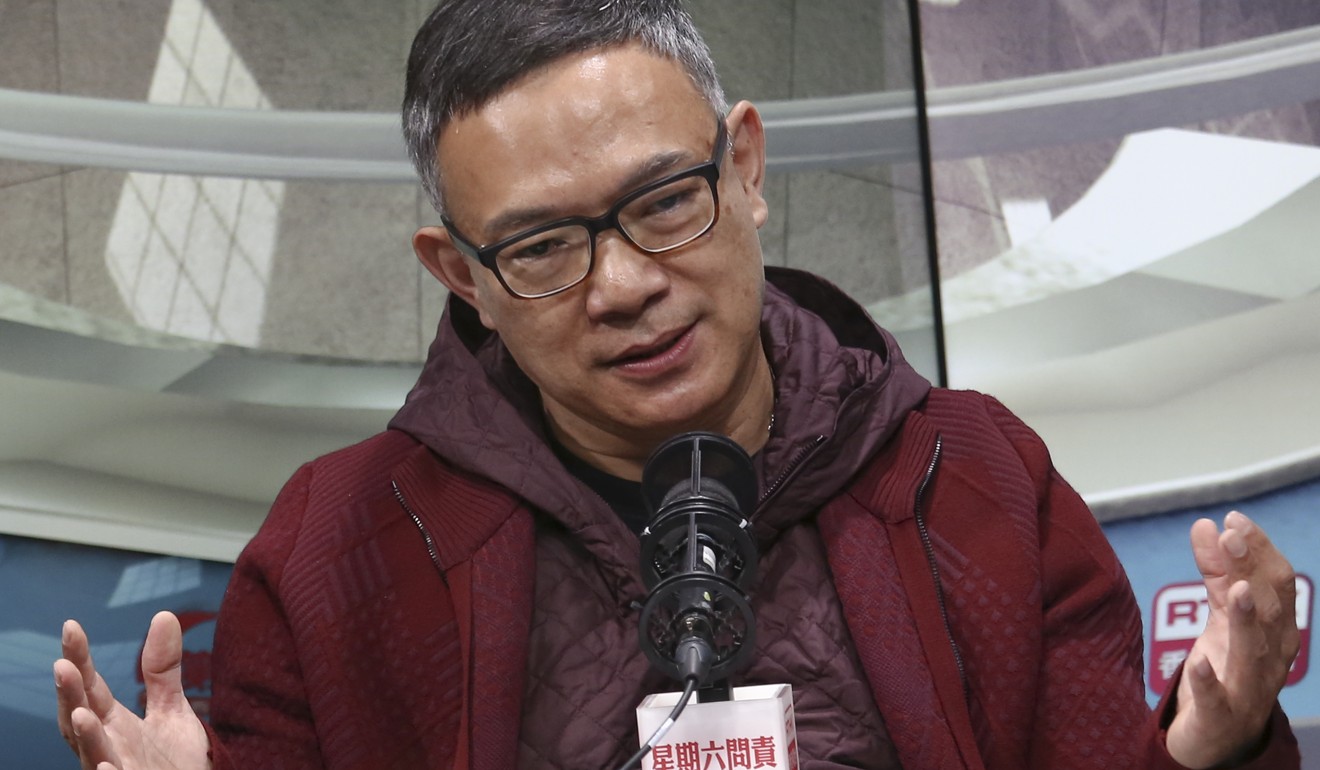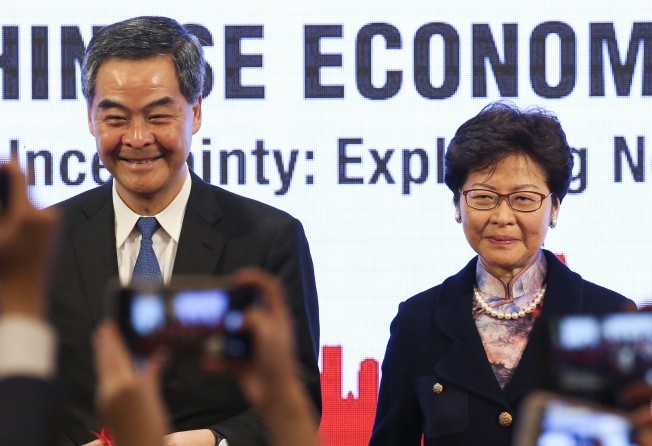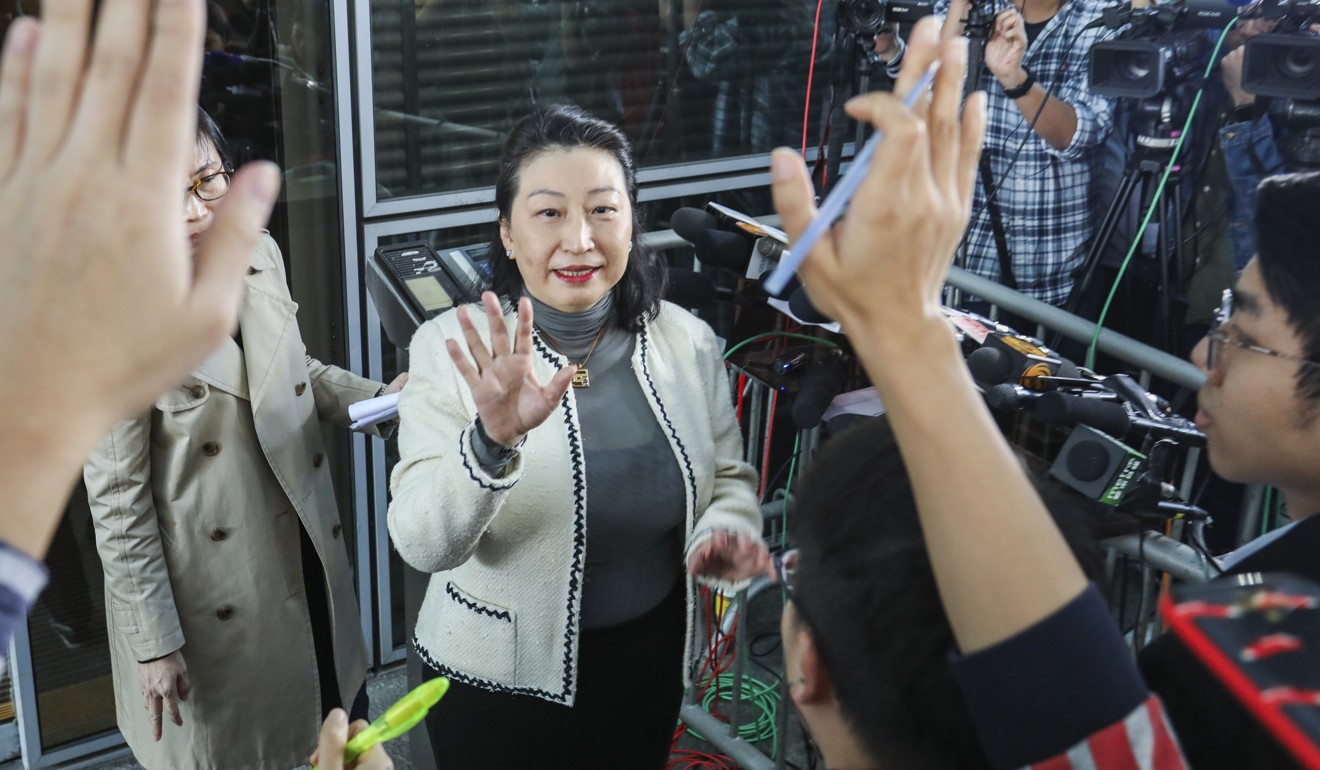
Justice chief Teresa Cheng ‘should explain how involved she was’ in decision not to charge former Hong Kong leader Leung Chun-ying, pro-government legislator says
- Paul Tse calls for clarity over call in case of Leung’s undeclared multimillion-dollar payout
- He notes Cheng’s predecessor delegated handling of the case to top prosecutor

Hong Kong’s justice chief should explain her level of involvement in the decision not to prosecute the city’s former leader Leung Chun-ying over a corruption complaint, a pro-government legislator urged on Saturday.
The appeal by Paul Tse Wai-chun came the same day as the convenor of Chief Executive Carrie Lam Cheng Yuet-ngor’s cabinet also said the government still had explaining to do.
A day earlier, Lam revealed Secretary for Justice Teresa Cheng Yeuk-wah was part of the decision – an involvement the Department of Justice repeatedly declined to confirm last week.
Lam backed Cheng and her department’s decision not to get outside legal advice on the case of Leung’s undeclared multimillion-dollar payout from an engineering company, saying the justice chief did not have any conflict of interest.
But Tse, a solicitor, said the government needed to give a more detailed explanation. He noted that Cheng’s predecessor, Rimsky Yuen Kwok-keung, delegated handling of the case to the city’s top prosecutor when it began four years ago, and added that Lam’s understanding of the concept of conflict of interest was too narrow.
Speaking to RTHK on Saturday, Tse referred to a statement by the department on October 9, 2014, that Yuen delegated the handling of Leung’s case to Director of Public Prosecutions Keith Yeung Ka-hung, “to avoid any possible perception of bias, partiality or improper influence”.

The statement was issued in response to a complaint filed to the Independent Commission Against Corruption against Leung for taking a HK$50 million (US$6.4 million) payment from Australian firm UGL while in office and failing to declare it – the very payment which sparked the whole saga.
Yuen added that he handed the case over after making sure Yeung had no connection with anyone involved in it, and that it was “in the public interest” for the department to tell residents how it would handle the matter.
On December 12, about four years after the investigation started and a year since Cheng assumed office, the department concluded there was not enough evidence to prosecute Leung.
Cheng’s critics, including lawmakers and legal groups, said Cheng and her department failed to give a detailed and convincing explanation of the decision. They also questioned whether Cheng had broken with usual practice by not seeking external legal opinion, given that a prominent figure was involved.

Backing the department’s decision on Friday, Lam said: “The decision that there was insufficient evidence to prosecute [Leung] was made by the secretary for justice in accordance with the Basic Law and her legal judgment without interference.”
But Tse asked on Saturday: “After [Yuen’s statement], was it still the case that the director of public prosecutions had been fully in charge? If it was not, when did the change take place?”
Given that the public still holds so many questions about Cheng’s response, I believe in the following days she should continue to explain through different means
Former Legislative Council president Jasper Tsang Yok-sing echoed Lam on Friday, saying Cheng did not have any conflicting interests in the case as, unlike Yuen, she was not appointed by Leung. But Tse disagreed.
“It is not confined to who appointed the secretary for justice, and with whom the secretary for justice may have day-to-day contact, such as members of the Executive Council,” Tse said.
However, Tse, who has led the Legislative Council’s inquiry into Leung’s case since December in 2016, dodged the question of whether he would persuade his allies to press Cheng to explain further.
Lam’s defence of Cheng also failed to please Bernard Chan, convenor of her Executive Council, who renewed his call on the justice secretary to further explain on Saturday.
“Given that the public still holds so many questions about Cheng’s response [on Wednesday], I believe in the following days she should continue to explain through different means,” Chan said. But he added that the decision not to prosecute needed to be respected, if there was insufficient evidence.